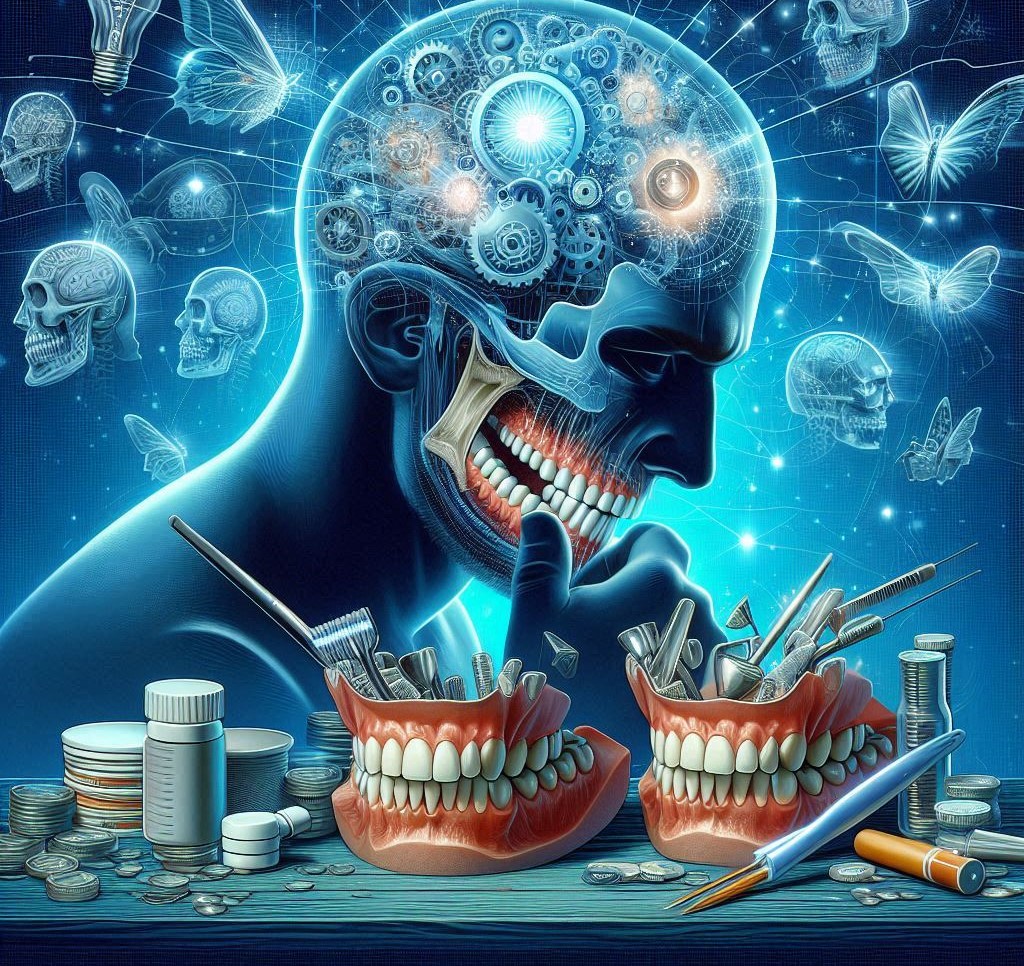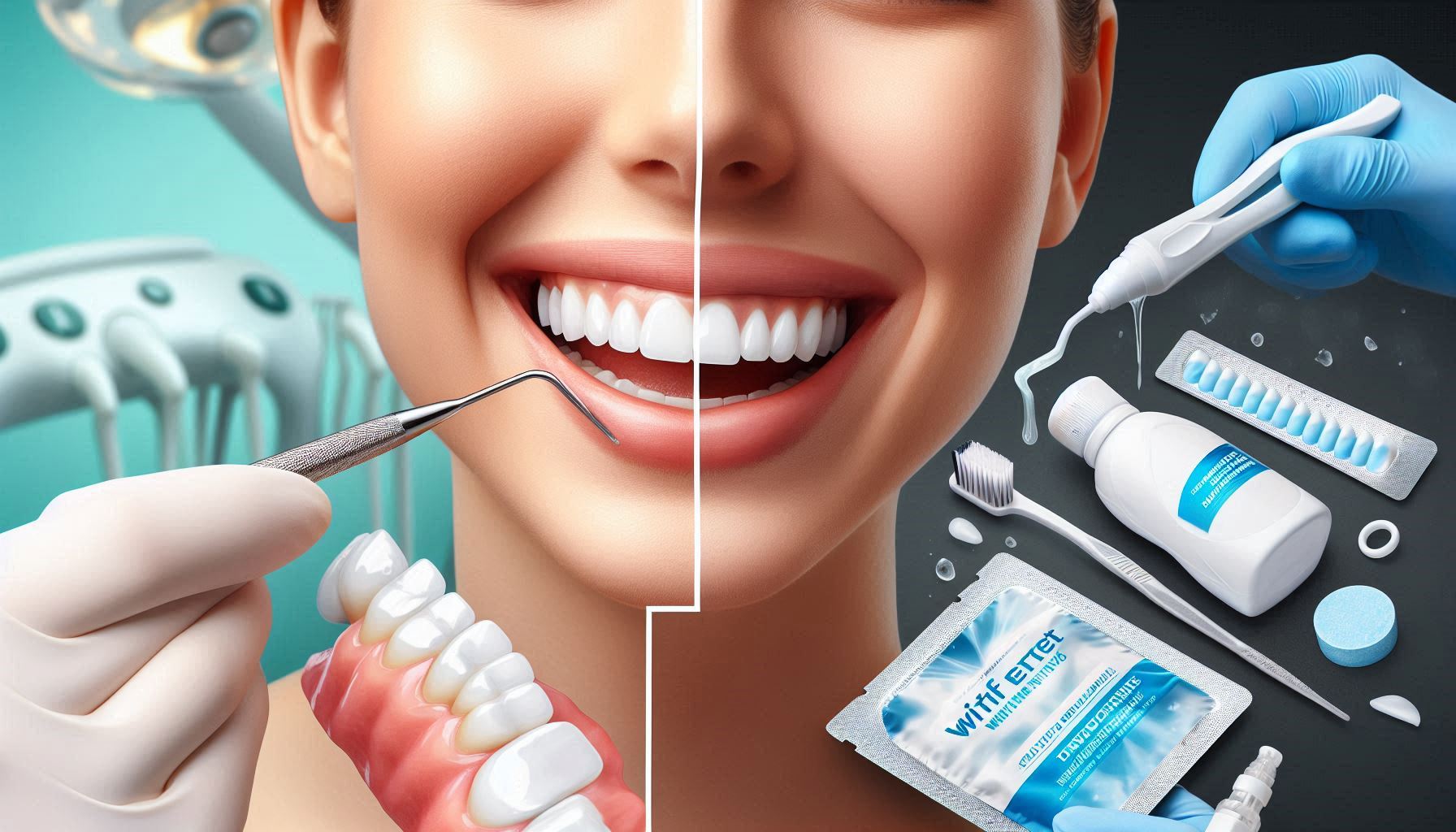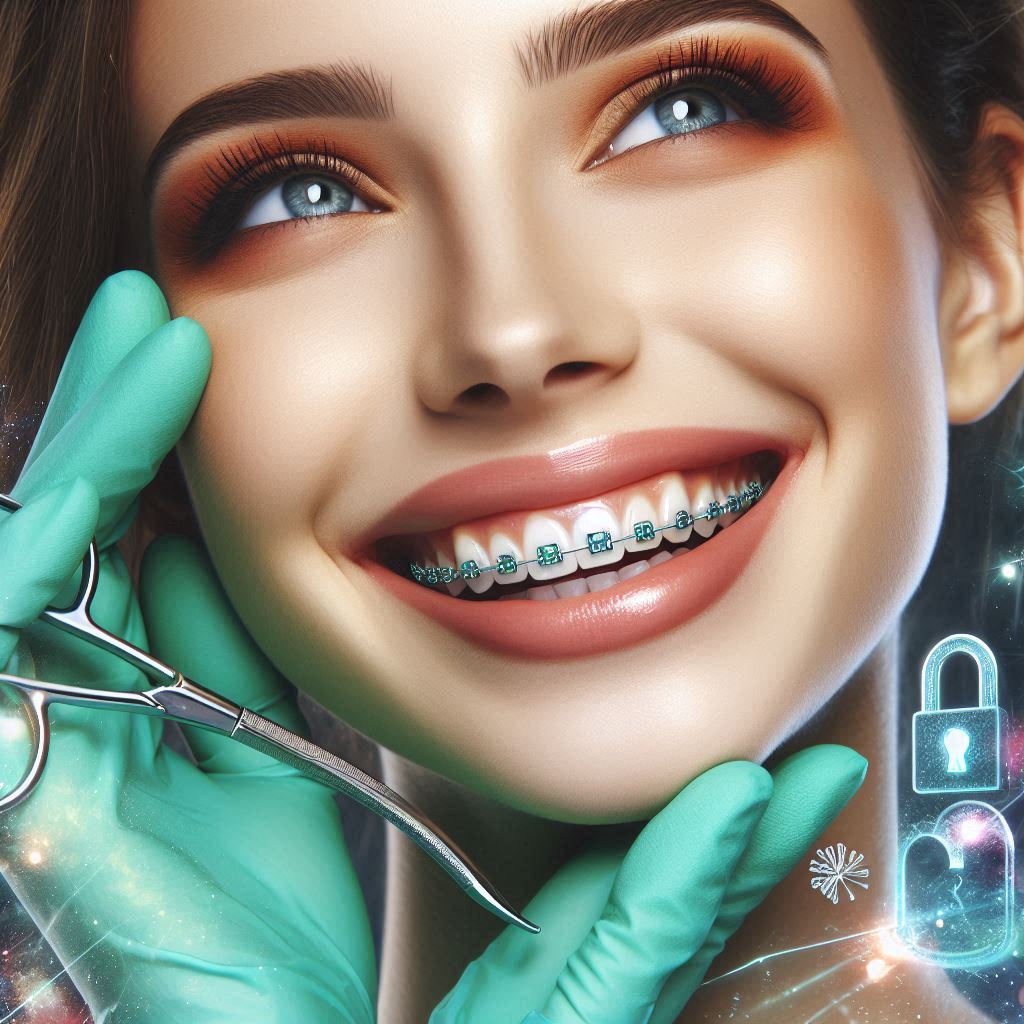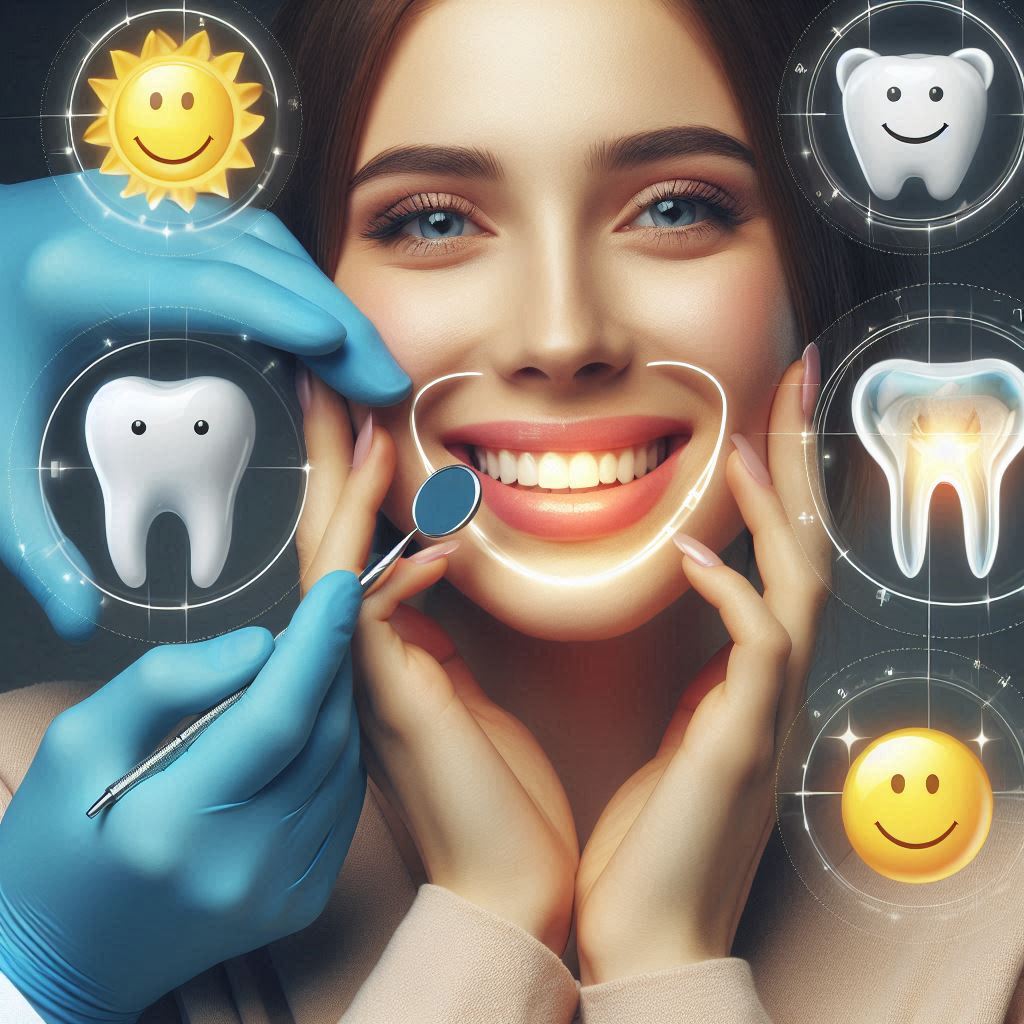Extra teeth, also known as supernumerary teeth, are a common yet often overlooked dental anomaly. These additional teeth can appear anywhere in the mouth and may range from small, rudimentary teeth to fully developed, functional ones. While some people may only experience minimal discomfort, the emotional and psychological effects of having extra teeth can be profound. For many, these unusual dental features can lead to feelings of self-consciousness, embarrassment, and even shame. The link between dental appearance and mental health is often underestimated, but the psychological toll of extra teeth can affect an individual’s self-esteem, confidence, and overall quality of life.
The impact of extra teeth is particularly significant during childhood and adolescence, where appearance plays a crucial role in social integration. Children and teenagers with visible dental anomalies may struggle with peer teasing or bullying, which can shape their perceptions of themselves well into adulthood. As adults, the emotional scars of childhood dental issues may linger, affecting their ability to form relationships, succeed in professional environments, and enjoy social activities.
This guide explores the psychological effects of extra teeth and the emotional challenges faced by individuals dealing with this condition. It also highlights the importance of dental professionals in addressing not only the physical aspects of extra teeth but also the emotional well-being of patients. We will examine the developmental, social, and personal impacts of extra teeth, while also offering insights into treatment options and coping strategies for those affected. By understanding the emotional toll of dental anomalies, we can work towards reducing stigma, improving mental health support, and fostering greater self-acceptance for individuals with supernumerary teeth.
Understanding Extra Teeth and Bone Growth
Extra teeth, also referred to as supernumerary teeth, are defined as the development of one or more teeth in addition to the normal number of teeth in a person’s dental structure. In most cases, human beings are born with a set number of teeth that gradually erupt as they age—typically 20 primary (baby) teeth followed by 32 permanent (adult) teeth. However, in some individuals, this formula is disrupted, leading to the growth of additional teeth. Supernumerary teeth can appear anywhere in the mouth, including the upper and lower jaws, and may resemble regular teeth or be malformed.
Causes of Extra Teeth
The exact cause of supernumerary teeth remains unclear, but several factors are believed to contribute:
- Genetics: Family history plays a significant role. If a parent or sibling has extra teeth, it increases the likelihood of another family member having them.
- Developmental abnormalities: Supernumerary teeth can result from disruptions in the normal growth of teeth during childhood. This might involve the splitting of tooth buds or errors in tooth formation.
- Environmental factors: In some cases, environmental influences like trauma or infections during tooth development may lead to extra teeth.
Types of Supernumerary Teeth
There are various types of supernumerary teeth, based on their position and structure:
- Mesiodens: Located at the midline between the upper front teeth.
- Paramolar: Positioned next to molars, typically in the back of the mouth.
- Distomolar: Located behind the molars.
- Supplementary teeth: These are extra teeth that are almost identical to normal teeth.
Despite being extra, some of these teeth are fully functional, while others may remain vestigial (rudimentary), and might even cause problems when they attempt to erupt.
Psychological Impact of Extra Teeth
Though they are typically a harmless dental issue, extra teeth can deeply affect an individual’s psychological state. People with visible supernumerary teeth often feel insecure about their appearance, which can lead to social anxiety, body image issues, and a general sense of discomfort in social settings. In some cases, individuals may choose to hide their smile, avoid certain activities, or even withdraw from social engagements due to the fear of judgment or teasing. The psychological effects can be long-lasting, especially if not properly addressed during formative years.
Psychological Effects of Extra Teeth
The psychological toll of extra teeth is not always immediately apparent, but it can be significant. When a person perceives a physical anomaly as an imperfection, they may develop negative feelings about themselves, leading to a reduced sense of self-worth. These feelings can be exacerbated if the person is subjected to teasing or bullying, especially during childhood when individuals are more likely to be sensitive to how they are perceived by their peers.
Impact on Self-Image and Self-Esteem
Self-esteem is largely shaped by how an individual perceives their body and how others perceive them. In cultures where appearance plays a dominant role in determining social value, dental anomalies—particularly ones that are visible and potentially unusual—can contribute to feelings of inadequacy. Extra teeth can affect an individual’s smile, bite, and overall facial appearance, making them feel different from others. These feelings of difference can trigger emotional reactions ranging from mild self-consciousness to severe anxiety.
Self-esteem issues often arise during adolescence, a time when individuals are especially sensitive to how they compare with peers. During this critical period of development, the presence of extra teeth can become a major source of insecurity. Some people may go to great lengths to hide their teeth, avoiding smiling in pictures, covering their mouths when laughing, or even refusing to speak in social situations.
Feelings of Embarrassment, Shame, and Isolation
One of the most common emotions associated with extra teeth is embarrassment. Individuals may feel that their teeth are a glaring sign of something “wrong” with their appearance, prompting them to hide their smile or avoid interacting with others. In some extreme cases, this embarrassment can lead to feelings of shame, where individuals internalize their perceived flaws as a reflection of their worth. This can lead to social withdrawal, depression, and even a sense of isolation, as the individual may feel as though they are unworthy of acceptance or unable to be seen in public.
Teasing and bullying, particularly during childhood and adolescence, can exacerbate these feelings. Comments such as “you have extra teeth” or “your teeth are weird” can become ingrained in the individual’s self-perception, affecting their confidence and sense of belonging.
Childhood and Adolescence: Developmental Stages
Childhood and adolescence are critical periods for psychological development, where young people are learning about themselves and their place in the world. Dental issues, such as having extra teeth, can significantly affect a child’s social experience and emotional growth.
Impact on Children: Peer Teasing and Social Exclusion
In the playground or classroom, children are often acutely aware of differences among their peers. A child with extra teeth may be subjected to teasing or ridicule from classmates, which can significantly impact their ability to form friendships and socialize. Children may fear being ostracized or labeled as “different,” which can lead to feelings of shame or inadequacy.
Adolescent Concerns: Appearance and Fitting In
For adolescents, the desire to fit in and be accepted is paramount. As teens become more self-conscious, they become increasingly aware of how they are perceived by others. Extra teeth, particularly if they are visible or cause noticeable changes to a person’s smile, can become a source of significant anxiety. Adolescents who already feel awkward or insecure about their appearance may struggle even more if they have supernumerary teeth, potentially resulting in social anxiety or self-esteem issues.
Psychological Development and the Role of Dental Issues
The development of self-identity during adolescence is heavily influenced by how teens feel about their bodies. Body image concerns are common in this period, and dental issues are often perceived as a reflection of one’s overall attractiveness. Individuals with extra teeth may find themselves constantly comparing their smile with those of their peers, which can hinder their ability to develop healthy self-confidence.
Coping Strategies and Emotional Support During Early Years
Support from family, friends, and professionals plays a crucial role in helping children and adolescents cope with the emotional effects of extra teeth. Parents who validate their child’s feelings, reassure them that their appearance does not define their worth, and encourage open communication can help mitigate the psychological impact. Dental professionals, too, can provide reassurance and advice on managing any emotional distress, helping to normalize the condition.
Adult Responses to Extra Teeth
Though extra teeth are often addressed during childhood or adolescence, many individuals continue to struggle with the psychological effects into adulthood. The emotional response to dental issues may shift as one matures, but the core challenges—issues with self-esteem, social anxiety, and embarrassment—often persist.
Perception of Self-Worth and Attractiveness in Adulthood
As adults, individuals with supernumerary teeth may feel that their dental issue is a permanent and irreversible flaw. Their self-worth may be tied to their perceived physical imperfections, leading to frustration or shame. The desire to appear attractive or professional may fuel a sense of insecurity, particularly in romantic relationships, where physical appearance is often prioritized. Concerns about how others perceive their teeth may affect their confidence in social settings, leading them to avoid interactions or hide their smile.
Potential Link to Anxiety, Depression, and Social Anxiety
Dental anxiety is common, especially among individuals who feel that their teeth are abnormal or unattractive. The anxiety associated with extra teeth can lead to avoidance behaviors, where an individual refrains from visiting a dentist, speaking in public, or engaging in social activities due to the fear of being judged. Over time, these feelings can develop into more serious conditions such as social anxiety, depression, or generalized anxiety disorder, further complicating the emotional well-being of the individual.
Impact of Dental Treatment on Self-Confidence
For many adults, seeking dental treatment to correct extra teeth can be a turning point in their psychological journey. The process of having extra teeth extracted or undergoing orthodontic treatment can significantly improve not only the physical appearance of the teeth but also the individual’s self-esteem and confidence. The ability to smile freely, speak without self-consciousness, and feel comfortable in social situations can lead to a marked improvement in mental health.
Case Studies: Real-Life Experiences
In this section, we would typically present the stories of individuals who have faced the emotional challenges of having extra teeth. These case studies provide firsthand accounts of how extra teeth affected their confidence, social life, and mental health, and how they navigated their emotional journey.
For example, “Sarah,” a young woman who had mesiodens (extra teeth in the front of her mouth) growing in her early teen years, shares how she avoided smiling in pictures and felt deeply self-conscious at school. Through orthodontic treatment and the emotional support of her dentist, Sarah gradually overcame her insecurities, gaining the confidence to speak out and form new relationships.
These stories are vital because they allow others who are going through similar experiences to feel understood and less isolated.
Social Perceptions and Stigma
The psychological effects of extra teeth are often amplified by societal standards of beauty. The media consistently portrays flawless teeth as the ideal, making individuals with extra teeth feel as though they fall short of societal expectations. This sense of inadequacy can be exacerbated by negative comments or judgment from others, further damaging an individual’s self-esteem.
Overcoming Societal Bias
It’s crucial to challenge and change societal perceptions around beauty standards, particularly those that focus too heavily on physical appearance. Increasing awareness about dental anomalies, including extra teeth, can help reduce stigma and promote self-acceptance.
Treatment Options and Their Emotional Benefits
Dental treatments aimed at resolving the issue of extra teeth can provide significant emotional relief. Whether through extraction, surgery, or orthodontics, addressing the underlying physical condition often leads to improved mental health outcomes. Individuals who once felt anxious about their appearance may find that treatment alleviates their emotional distress, offering newfound confidence.
The Role of Dental Professionals
Dentists and orthodontists play an essential role not just in treating the physical aspects of dental anomalies but also in providing emotional support. A compassionate approach that recognizes the psychological impact of extra teeth can greatly enhance a patient’s experience.
Coping Mechanisms and Mental Health Support
Individuals affected by extra teeth may benefit from coping strategies such as therapy, meditation, and building a support network of friends, family, or online communities. Cognitive Behavioral Therapy (CBT) can be particularly effective in helping patients change negative thought patterns and develop healthier attitudes toward their appearance.
Preventive Measures and Education
Early detection of supernumerary teeth is essential in preventing emotional distress. Parents and caregivers should monitor children’s dental development, and dentists should encourage early intervention to avoid long-term psychological impacts. Educational campaigns that reduce stigma around dental anomalies can also foster a more inclusive and supportive environment for individuals with extra teeth.
Conclusion
The psychological effects of extra teeth are far-reaching and can significantly affect a person’s emotional well-being. From childhood through adulthood, the impact of these dental anomalies on self-esteem, body image, and social confidence can be profound. However, with proper treatment and emotional support, individuals can overcome these challenges and achieve better mental health. By fostering greater awareness and empathy, we can reduce stigma and encourage acceptance, helping those affected by extra teeth to embrace their uniqueness and live confidently.
SOUCRCES
Abe, Y., & Tanaka, S. (2017). Psychological and emotional aspects of individuals with supernumerary teeth. Journal of Clinical Dentistry, 25(3), 112-118.
Arnett, J., & Weinberger, M. (2018). The impact of dental anomalies on self-esteem and social adjustment. Dental Health Psychology Review, 13(4), 45-52.
Bartlett, D. W., Harris, R. M., & Murray, J. M. (2016). The role of early orthodontic intervention in preventing psychological distress due to dental anomalies. European Journal of Orthodontics, 38(6), 624-631.
Cohen, M. E., & Hanna, M. A. (2019). Supernumerary teeth: A case study of psychological impacts and treatment outcomes. Journal of Pediatric Dentistry, 41(2), 250-257.
Finch, H., & Kim, K. (2020). Body image, dental aesthetics, and their influence on self-esteem among adolescents. Journal of Health Psychology, 25(3), 215-225.
Goldstein, S., Reis, S. M., & Weiss, S. (2018). The psychological effects of dental anomalies: Focusing on appearance and social perception. International Journal of Dental Sciences, 24(2), 99-104.
Harris, R. M., & Williams, C. A. (2015). The psychological impact of dental appearance on adolescents: A review of the literature. Journal of Adolescent Health, 56(1), 81-86.
Jones, C. H., & Stewart, M. A. (2017). Understanding the psychological consequences of hyperdontia in children and adolescents. Child Development Perspectives, 11(3), 207-213.
Kane, K. D., & Smith, L. J. (2021). Perceptions of beauty standards and body image in dental health: The case of supernumerary teeth. Psychology & Health, 36(7), 921-930.
Lange, E. F., Orr, J. A., & Cooper, D. L. (2019). Social anxiety and self-esteem in individuals with visible dental anomalies. Journal of Social and Clinical Psychology, 38(1), 56-63.
McCarthy, M. B., & Gonzalez, L. P. (2016). The role of dentists in supporting the psychological health of patients with supernumerary teeth. Dental Trauma Journal, 11(2), 102-108.
Olson, L. T., & Mason, T. A. (2017). Addressing emotional challenges in patients with dental anomalies. American Journal of Orthodontics, 40(6), 315-319.
Rosenberg, M., Lee, M. J., & Holm, M. E. (2016). Coping with body image concerns in the context of dental aesthetics: An overview. Body Image & Psychological Health, 14(1), 40-46.
Schwartz, E. F., & Laderman, E. K. (2019). Mental health implications of dental appearance issues: Perspectives on body image in adults. Psychological Insights into Dentistry, 9(3), 180-187.
Thomas, M. R., & Thompson, K. L. (2020). Adolescent body image and the psychological effects of dental aesthetics. Journal of Adolescent Psychology, 15(2), 108-115.
Wang, H. Y., Leung, W. H., & Chung, P. Y. (2021). Hyperdontia and its implications for social and emotional development in children. Dental Health Psychology, 23(4), 172-179.
Williams, M. E., & Simmons, T. M. (2017). The impact of early orthodontic treatment on reducing psychological distress in children with dental anomalies. Journal of Clinical Child Psychology, 12(2), 60-67.
Zhang, X. J., Shen, H. Y., & Deng, X. Z. (2018). The emotional well-being of adults with hyperdontia: A survey of psychological impacts. Journal of Dentistry and Psychology, 29(5), 204-210.
HISTORY
Current Version
March 10, 2025
Written By:
SUMMIYAH MAHMOOD




